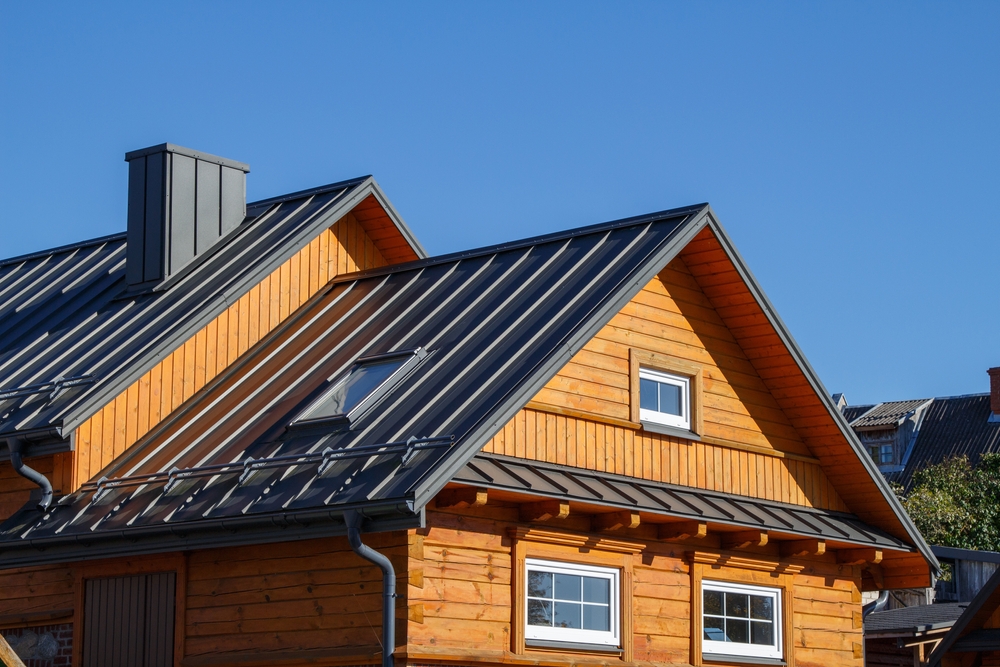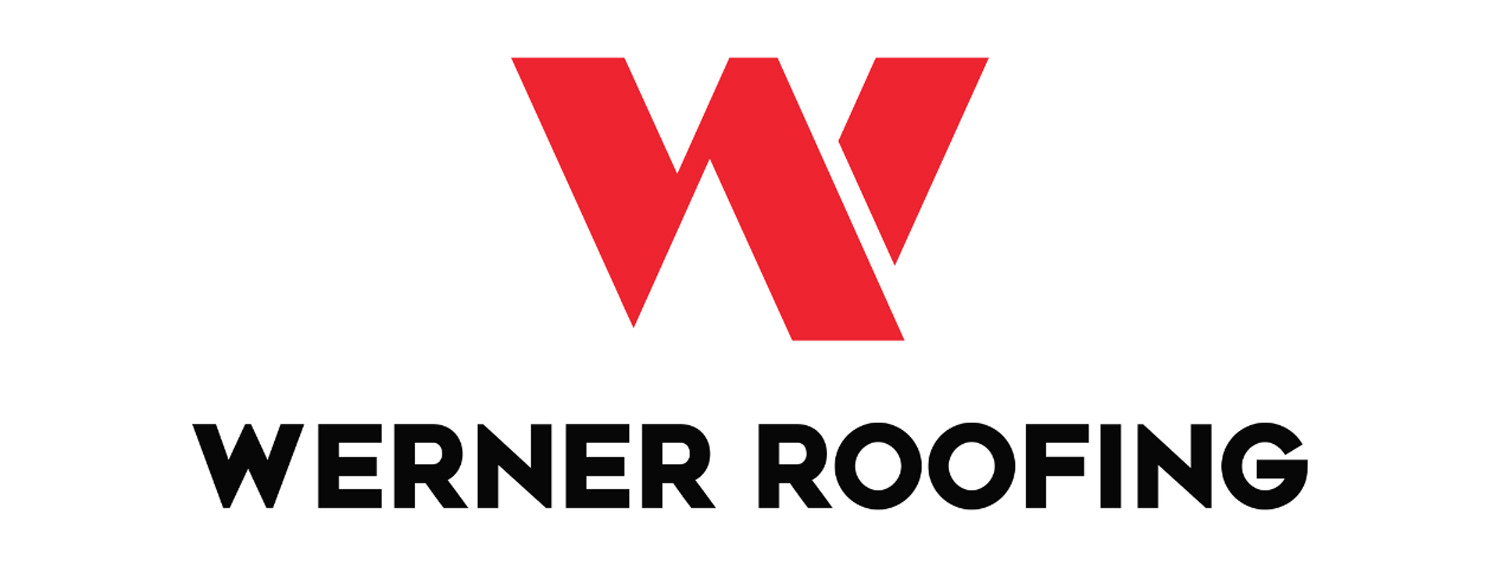
Are Metal Roofs Noisy? 5 Metal Roof Myths Debunked
Metal roofs have gained popularity recently due to their unique, sleek appearance. However, despite their stunning appearance, several misconceptions surround them, leading to hesitation among potential buyers.
Are metal roofs noisy? Do they attract lightning during thunderstorms? Let’s debunk five common myths about metal roofs and provide accurate information so you can make an informed decision about your next roof.
Let’s Debunk 5 Metal Roof Myths
If you’re considering a new roof or a roof replacement, don’t let outdated myths deter you from exploring the benefits of metal roofing.
Myth 1: Metal Roofs Are Noisy
One of the most common misconceptions about metal roofs is that they are excessively noisy during rain or hailstorms. This belief stems from the old-fashioned tin roofs used in barns and sheds, which can be pretty loud. However, modern metal roofing systems have evolved.
Truth: Modern metal roofs are installed with solid sheathing and insulation that significantly reduces noise. These layers act as sound barriers, absorbing and dampening the sound of rain, hail, and other weather-related noise. When properly installed, metal roofs can be quieter than traditional asphalt shingles.
Myth 2: Metal Roofs Are Susceptible to Rust
Another prevalent myth is that metal roofs are prone to rusting. This misconception likely comes from the image of old, corroded tin roofs. However, modern metal roofing materials are designed to effectively resist rust and corrosion.
Truth: Modern metal roofs are made from materials such as galvanized steel, aluminum, and copper, which have excellent resistance to rust. Let’s take a closer look at these materials:
- Galvanized Steel: This type of steel is coated with a zinc layer, protecting it from corrosion and rust. The galvanization process ensures that the steel remains durable and maintains its appearance over time.
- Aluminum: Aluminum naturally resists corrosion and does not require additional coatings to prevent rust.
- Copper: Copper roofs develop a protective patina over time, preventing corrosion and giving the roof a unique and attractive appearance.
In addition to these rust-resistant materials, modern metal roofs are often treated with protective coatings and finishes. These coatings, such as Kynar 500® and Hylar 5000®, provide an extra layer of protection against the elements, ensuring the roof remains rust-free for decades.
Compared to other roofing materials, metal roofs outperform in terms of longevity and durability. Traditional asphalt shingles, for example, have a typical lifespan of 20 to 30 years, whereas metal roofs can last 50 years or more with minimal maintenance.
Myth 3: Metal Roofs Are Expensive
Many homeowners hesitate to choose metal roofing because they believe it’s too expensive. While the initial cost of a metal roof can be higher than that of some other roofing materials, metal roofs offer long-term savings.
Truth: When evaluating the cost of metal roofs, it’s essential to look beyond the initial price tag and consider the total cost of ownership over the roof’s lifespan. Here’s a breakdown of the factors that contribute to the long-term savings:
- Energy Efficiency: Metal roofs are highly energy-efficient and reflect a significant portion of the sun’s heat, reducing the cooling load on your home and lowering your energy bills.
- Low Maintenance: Metal roofs are resistant to common issues such as mold, mildew, and insect infestations, so they require minimal maintenance compared to other roofing materials.
- Longevity: While traditional asphalt shingles may need to be replaced every 20 to 30 years, metal roofs can last 50 years or more.
Myth 4: Metal Roofs Attract Lightning
A common fear is that metal roofs increase the risk of lightning strikes, making them dangerous during thunderstorms. This myth probably stems from metal’s association with electricity and the assumption that metal roofs might act as lightning magnets.
Truth: To understand why metal roofs do not attract lightning, it’s essential to know how lightning actually functions. Lightning strikes are determined by a combination of factors, including the structure’s height, shape, and isolation, rather than the material it’s made from. Lightning is just as likely to strike a tree, a utility pole, or a traditional shingled roof as it is to strike a metal roof.
If lightning does strike a metal roof, the metal can actually help disperse the electricity safely. Metal is a non-combustible material and can dissipate the electrical charge over a larger area. This can reduce the risk of fire and other damage if lightning strikes a more combustible material like wood.
Myth 5: Metal Roofs Are Not Energy-Efficient
There’s a common belief that metal roofs are poor insulators and can lead to higher energy costs. This misconception likely arises from the assumption that metal, being a good conductor of heat, would make homes hotter in the summer and colder in the winter. However, modern metal roofs are designed to be highly energy-efficient.
Truth: Modern metal roofs are engineered to provide excellent energy efficiency, making them a smart choice for homeowners looking to reduce their energy costs. Here are the key factors that contribute to their efficiency:
- Reflective Properties: Unlike traditional roofing materials that absorb heat, metal roofs reflect a substantial portion of the sun’s rays, reducing the heat that penetrates the roof and enters the home. This keeps homes cooler during the hot summer months.
- Cool Roof Coatings: Many metal roofs have special coatings and finishes designed to enhance energy efficiency. These cool roof coatings are specifically formulated to increase the roof’s reflectivity and thermal emittance.
- Insulation Compatibility: Metal roofs are paired with high-quality insulation and provide excellent thermal performance. When properly insulated, metal roofs can help maintain a consistent indoor temperature, reducing the need for heating and cooling throughout the year.
- Environmental Benefits: Metal roofs are often made from recycled materials and are fully recyclable at the end of their life span.
View this post on Instagram
Considering a New Metal Roof? Werner Roofing Has You Covered
Now that you know the truth about metal roofs, they might be the perfect choice for your home! Contact Werner Roofing today for more information or to get a free quote. Our experienced team is here to help you make an informed decision and ensure your home is protected with a roof that meets your needs and exceeds your expectations.

